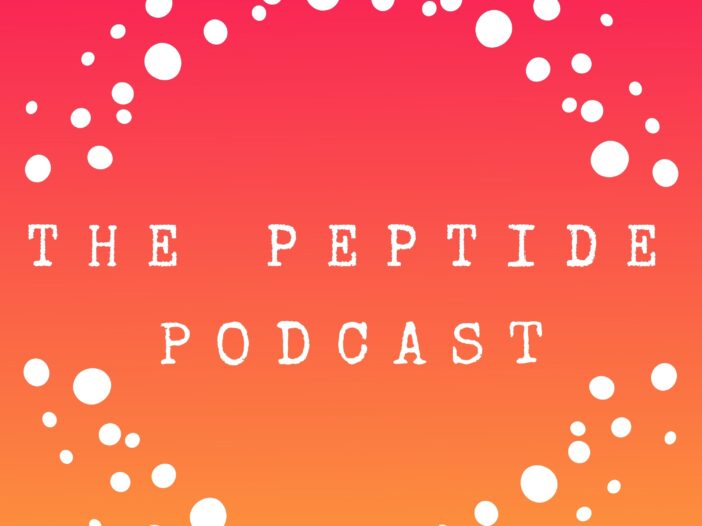
GLP-1 agonists like semaglutide exert anti-inflammatory effects through many mechanisms. This has significant implications for health, particularly in conditions characterized by chronic inflammation such as obesity, diabetes, and neurodegenerative diseases. In this podcast, we’ll talk about how GLP-1 agonists produce their anti-inflammatory effects and the potential benefits associated with these actions.
How do GLP-1 Agonists Fight Inflammation?
Modulation of Immune Responses: GLP-1 plays a crucial role in controlling the activity of immune cells involved in inflammation. It can dampen the response of immune cells called macrophages, which are key players in the inflammatory process. By reducing the production of pro-inflammatory molecules and promoting the release of anti-inflammatory substances, GLP-1 helps restore balance to the immune system.
Inhibition of Inflammatory Pathways: GLP-1 exerts its anti-inflammatory effects by interfering with various signaling pathways that drive inflammation. For example, it can block the activation of nuclear factor-kappa B (NF-κB), a central regulator of inflammation that triggers the expression of pro-inflammatory genes. By inhibiting NF-κB and other inflammatory pathways, GLP-1 helps suppress the production of inflammatory cytokines such as tumor necrosis factor-alpha (TNF-α), interleukin-6 (IL-6), and interleukin-1 beta (IL-1β).
Reduction of Oxidative Stress: Oxidative stress, caused by an imbalance between free radicals and antioxidants in the body, contributes to inflammation and tissue damage. GLP-1 helps mitigate oxidative stress by enhancing antioxidant defenses and scavenging free radicals. By reducing oxidative damage, GLP-1 helps alleviate inflammation and protect cells from harm.
What are the potential benefits of GLP-1’s anti-inflammatory effects?
Improved Metabolic Health: Chronic inflammation is closely linked to metabolic disorders such as obesity, insulin resistance, and type 2 diabetes. By combating inflammation, GLP-1 may improve metabolic health and help control blood sugar levels in individuals with diabetes. This can reduce the risk of complications associated with these conditions, such as cardiovascular disease and kidney damage.
Protection Against Cardiovascular Disease: Inflammation plays a significant role in the development of cardiovascular diseases such as atherosclerosis, heart attack, and stroke. GLP-1’s anti-inflammatory effects help protect blood vessels and the heart from inflammation-induced damage, reducing the risk of cardiovascular events and improving overall heart health.
Potential for Neuroprotection: Inflammation in the brain is implicated in neurodegenerative diseases such as Alzheimer’s disease and Parkinson’s disease. GLP-1’s ability to reduce neuroinflammation may have neuroprotective effects, preserving cognitive function and slowing the progression of these diseases.
Alleviation of Autoimmune Conditions: Autoimmune diseases, where the immune system mistakenly attacks healthy tissues, are characterized by chronic inflammation. GLP-1’s anti-inflammatory properties may help alleviate symptoms and reduce disease activity in conditions such as rheumatoid arthritis, inflammatory bowel disease, and psoriasis.
Thanks again for listening to The Peptide Podcast. We love having you as part of our community. If you love this podcast, please share it with your friends and family on social media, and have a happy, healthy week!
We’re huge advocates of elevating your health game with nutrition, supplements, and vitamins. Whether it’s a daily boost or targeted support, we trust and use Momentous products to supercharge our wellness journey.
Momentous only uses the highest-quality ingredients, and every single product is rigorously tested by independent third parties to ensure their products deliver on their promise to bring you the best supplements on the market.
Leave a Reply